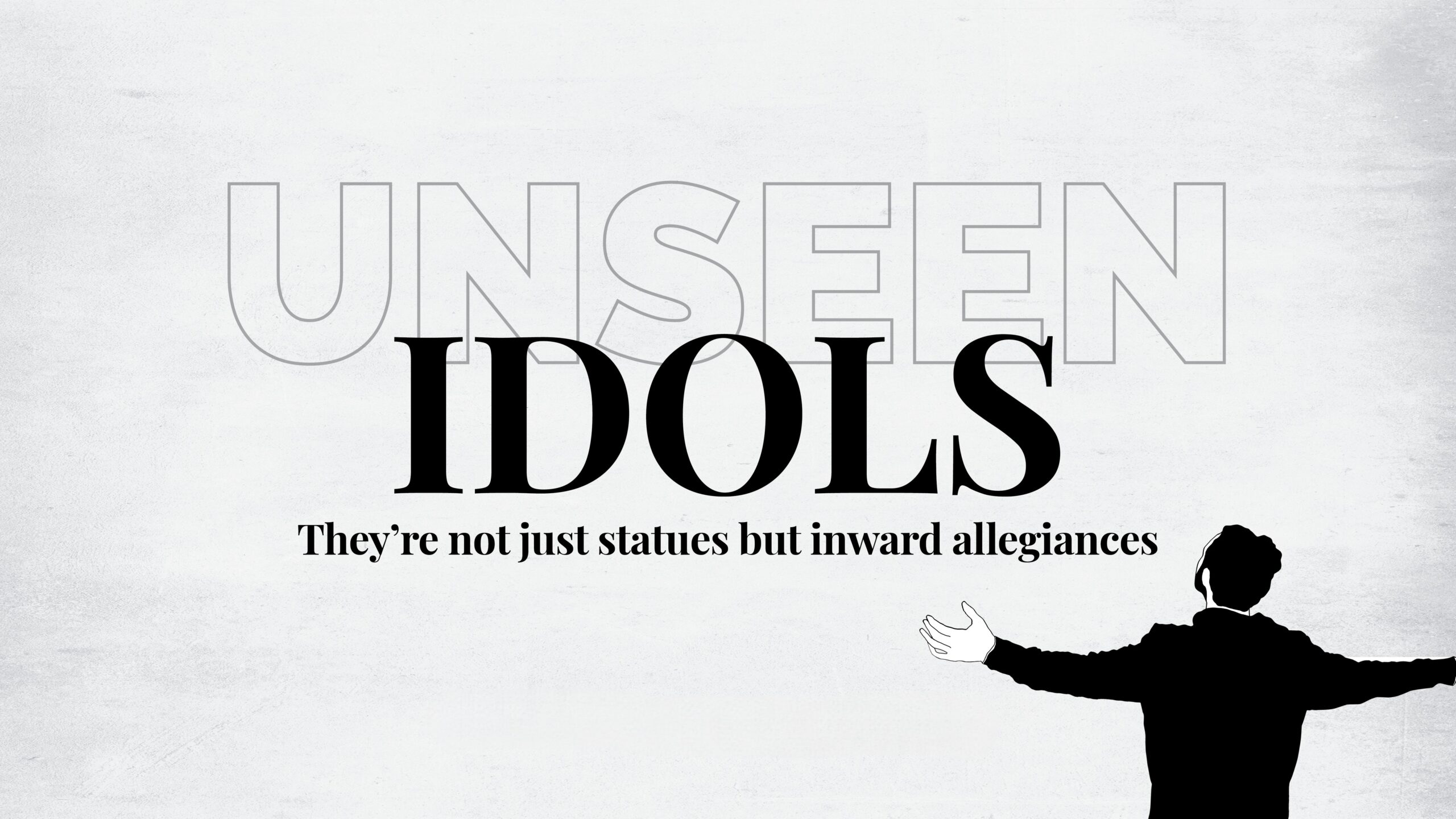
As we begin our time of prayer and fasting today, let’s pray as David did in Psalm 139:
Search me, O God, and know my heart;
test me and know my anxious thoughts.
Point out anything in me that offends you,
and lead me along the path of everlasting life.
Today, we confront one of the most deep-seated idols of the human heart: the idol of Control.
The desire for control is the desire to be our own god. It’s the belief that if we can just manage our circumstances, orchestrate outcomes, and direct the people around us, then we will be safe, successful, and happy. It’s the grip we have on our plans, our finances, our relationships, and our future. But this relentless pursuit of control is built on an illusion, and it directly opposes a life of faith.
The Heavy Burden of Control
Reflect on the areas where a desire for control might be undermining your walk with God:
- Faith: True faith is about surrender. It’s about trusting God’s sovereignty even when we cannot see the path ahead. When we worship at the altar of control, we struggle to let go. Our prayers might sound more like a list of demands and instructions for God rather than a humble submission to His will. We want God’s help, but on our own terms. This creates anxiety and restlessness because we are trying to carry a burden we were never meant to bear.
- Relationships: The need to control often spills over into our interactions with others. It can manifest as manipulation, a critical spirit, or an inability to trust others. We might try to control our spouse’s decisions, micromanage our children’s lives, or dominate situations at work or in ministry. This not only damages our relationships but also robs others of the freedom to be who God created them to be. It prevents us from loving people with the selfless, trusting love of Christ.
- Peace: The constant effort to manage every detail of our lives is exhausting. Worry becomes our constant companion, and anxiety is the air we breathe. We are always planning for the worst-case scenario and trying to prevent any possible negative outcome. The Bible promises a “peace that surpasses all understanding” (Philippians 4:7), but this peace is inaccessible to a heart that refuses to release its grip and trust in the One who holds all things together.
Prayer and Reflection

Today, as you fast and pray, make your primary spiritual act one of surrender. Intentionally open your closed fists and release your plans, fears, and desires to God.
Take time to pray about these questions:
- What area of your life are you trying to control the most right now?
- What are you afraid will happen if you let go and trust God completely with this area?
- In prayer, consciously name what you are surrendering to God. Verbally release it into His capable hands. You might pray something like, “God, I release my need to control my children’s future to you. I trust that You love them more than I do and that Your plan for them is perfect.”
May today be a day of profound release. Trade the heavy yoke of control for the light and easy yoke of Jesus (Matthew 11:30). Let’s find our rest not in our ability to manage our lives, but in the perfect, loving, and sovereign control of our Heavenly Father.

